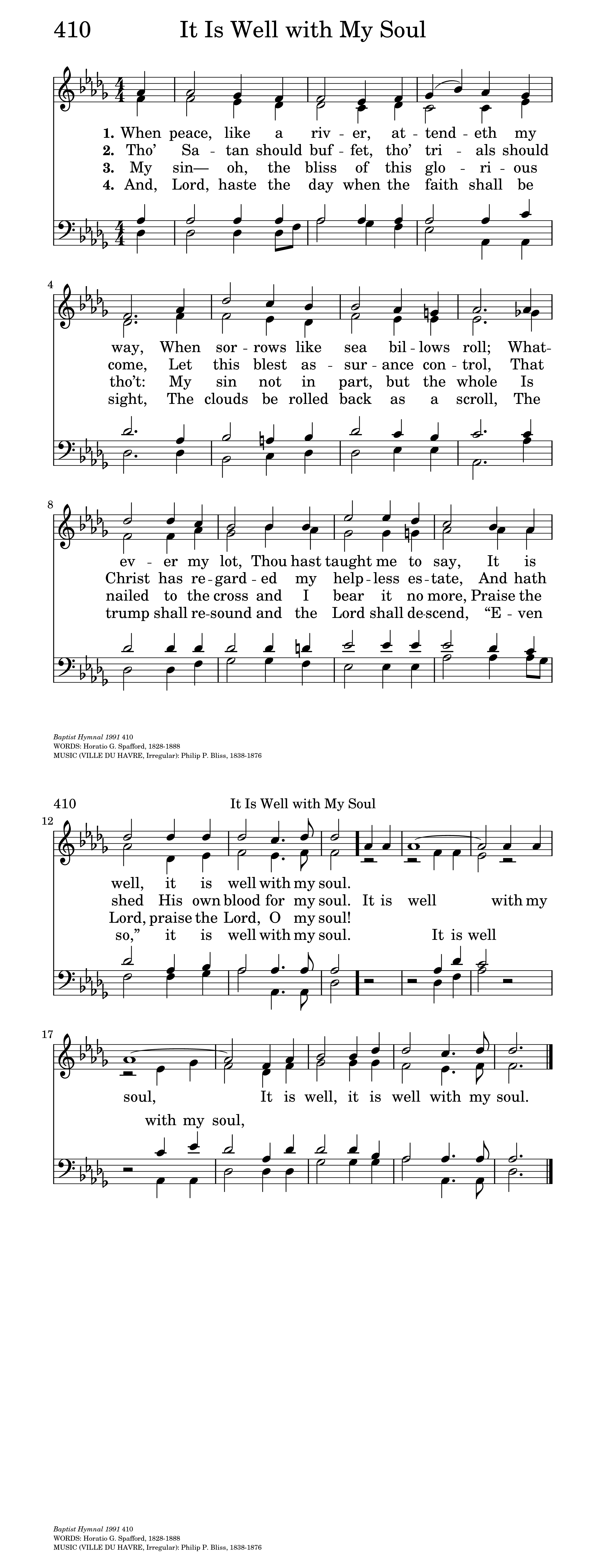_____________________________________________________________________________________
Purity is freedom from
contaminates. For example, pure water is water that has no other substances in
it. Just like pure gold that has been refined is free from all dross/impurities.
Purity is very
important to God. God alone is completely pure. Habakkuk 1:13 says that God has
pure eyes that cannot stand to look on evil. Psalm 12:6 says that “the words of the LORD are
pure words.” God is pure, so what does this mean for us?
Read
Genesis 1:27.
Since
we are created in God’s image what should we be? We should be pure like God is pure.
God created a good and
pure world which was free from the impurity of sin and its consequences of
death and decay (Genesis 1-2). Unfortunately, through the one man, Adam’s, sin the
entire world was made impure (Romans 5:12) and all people born into it (Romans
3:23).
This is a huge problem. Read the following verses to find out why.
Psalm
24:3-4
Matthew
5:8
What do these two verses tell us about our relationship
with God? Only those who have
pure hearts can be in God’s presence and see God.
Read
Jeremiah 17:9, Mark 7:21-23. Do we have pure hearts? No. Naturally, our hearts are deceitful
and desperately sick causing us to think and do evil.
So, is there any way that
his problem can be fixed? In the Old Testament God began the sacrificial system,
in which an animal was sacrificed/killed to atone for a person’s or the nation
of Israel’s sins. When the animal was sacrificed the blood of the animal would
be sprinkled by the priest as a symbol of the sins being cleansed. This ritual was
called purification.
Read
the following verses about the requirements of the animals for sacrifice.
Exodus 12:5, Leviticus 1:3, Leviticus 1:10, Leviticus 3:1, Leviticus 22:20. What
kind of sacrifices had to be offered? Animals
without blemish or defect, in other words, they were pure.
Why
do you think the animals had to be pure?
You cannot wash away something impure with
another something that is impure.
Think about it this way,
if you are trying to wash a dirt
stain out of something, will you use dirty water to do it or will you use clean
pure water? If you use the dirty water, you will just be adding more dirt to
the problem but if you use clean water you can wash the stain away.
Unfortunately, this sacrificial
system was not a real solution. Hebrews 10:11 says that the animal sacrifices did
not have the power to take away sins. Thankfully,
God provided us with a permanent solution to our problem through a final sacrifice,
Christ who is called the lamb without blemish or spot (1 Peter 1:19).
Read
Hebrews 9:13-14. Christ is the perfect sacrifice and only sacrifice
that has the power to completely purify us, cleansing us from our sins.
A beautiful picture of
this is found in Matthew 8 when Jesus cleanses a leper. Before going to Matthew, however, read Leviticus 13:45-46.
What did a person with leprosy
have to do?
·
Wear torn clothes
·
Let the hair on his head hang loose
·
Cover his upper lip
·
Cry out “unclean, unclean”
· Live
alone outside the camp
Why
do you think a leprous person had to do these things?
Leprosy is contagious, meaning other people
could get it too by having contact with a person with leprosy. All these things
a leprous person had to do were to stop the spread of the uncleanness. The person’s
appearance and shouting “unclean, unclean” would warn other people not to come
near them and living away from all other people would also help to stop the
spread of the disease.
Now
see what Jesus does in Matthew 8:1-3.
What
did Jesus do and how did he do it? He made the leper clean by touching him.
Not only did Jesus
make the leper clean, Jesus himself was not made unclean by touching the leprous
man, as any other person would be. God is unchangeable and incorruptible by sin.
This is also seen in Isaiah 6 when Isaiah dreams about entering the temple
unclean which he knows should bring him death. Instead of Isaiah being
destroyed, however, an angel takes a holy burning coal and touches it to Isaiah’s
lips. Isaiah is made clean by God’s holiness instead of Isaiah making the
temple unclean.
Just as the hot coal made
Isaiah clean, Jesus makes us spiritually clean. Hebrews 10:12-14 says that “Christ
had offered for all time a single sacrifice for sins…[and] by [this] single
offering he has perfected for all time those who are being sanctified.”
So
how are we sanctified? Read John 17:17.
“Sanctify them in the
truth; your word is truth.”
We are sanctified by reading God’s word and obeying
it.
So, what does God’s word
tell us about purity and what does it mean for our lives?
Earlier in Psalm 12:6 we
learned that God’s words are pure words, so this means that our words must be
pure too. Ephesians 4:29 says “Let no corrupting talk come out of your mouths,
but only such as is good for building up, as fits the occasion, that it may
give grace to those who hear.”

